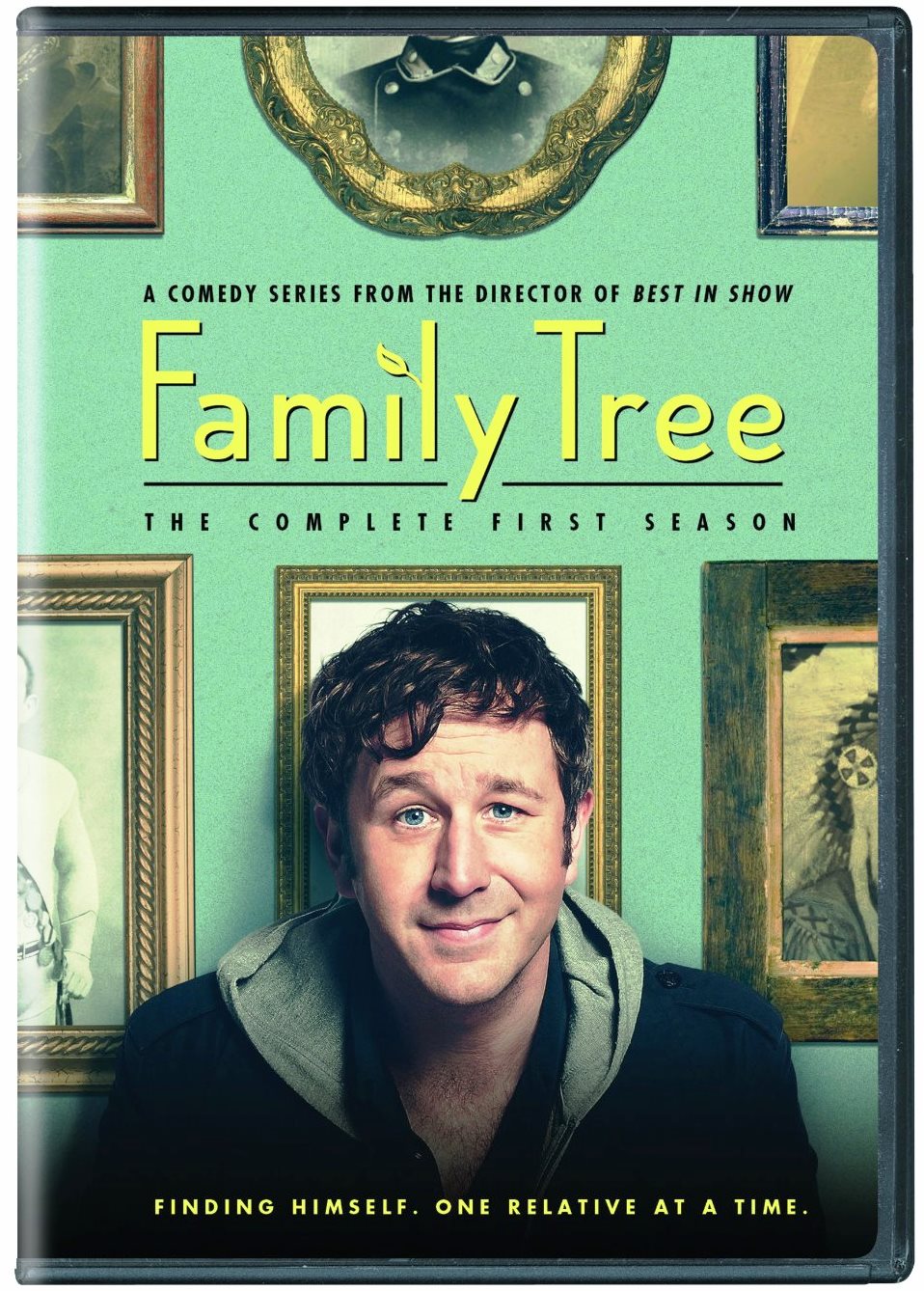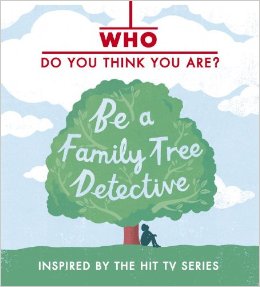PERSI Adds Thousands of Articles: New Genealogy Records Online
New genealogy records online recently include thousands of articles and images in PERSI, the Periodical Source Index. Also: new and updated Australian vital and parish records, German civil registers, an enormous Japanese newspaper archive, and a variety of newspaper and other resources for US states: AZ, AR, IA, KS, MD, NJ, PA, & TX.
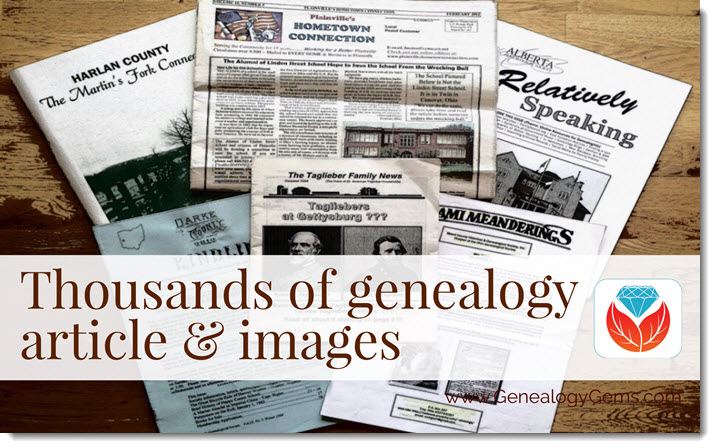
PERSI Update: Thousands of new genealogy articles and images
Findmypast.com updated the Periodical Source Index (PERSI) this week, adding 14,865 new articles, and uploaded 13,039 new images to seven different publications. PERSI is one of those vastly under-utilized genealogy gems: a master subject index of every known genealogical and historical magazine, journal or newsletter ever published! Click here to explore PERSI.
The seven publications to which they’ve added images are as follows:
- North Carolina Historical Commission Biennial Report, 1907-1924, 1944-1962
- Northern Genealogist, 1895-1903
- Old Times-North Yarmouth Maine, 1877-1884
- Olde Ulster, 1905-1914
- Ossory Archaeological Society Transactions, 1879-1886
- Palimpsest, 1920-1923
- Vineland Historical Magazine, 1916-1921
Click here to read an article about using PERSI for genealogy research.
More New Genealogy Records Online Around the World
Australia
Parish registers in Sydney. A new Ancestry.com database has been published: Sydney, Australia, Anglican Parish Registers, 1818-2011. “This database contains baptism, burial, confirmation, marriage, and composite registers from the Anglican Church Diocese of Sydney,” says the collection description. Baptismal records may include name, birth date, gender, name and occupation of mother and father, address, and date and parish of baptism. Confirmation records may include name, age, birth date, address, and the date and parish of confirmation. Marriage records may include the names of bride and groom as well as their age at marriage, parents’ names and the date and parish of the event. Burial records may include the name, gender, address, death date, and date and parish of burial.
Victoria BMD indexes. MyHeritage.com now hosts the following vital records indexes for Victoria, Australia: births (1837-1920), marriages (1837-1942), and deaths (1836-1985). These new databases supplement MyHeritage’s other Victoria collections, including annual and police gazettes. (Note: comparable collections of Victoria vital records are also available to search for free at the Victoria state government website.)
Germany
Just over 858,000 records appear in Ancestry.com’s new database, Halle (Saale), Germany, Deaths, 1874-1957. “This collection contains death records from Halle (Saale) covering the years 1874 up to and including 1957,” states the collection description. “Halle, also known as “Halle on the Saale,” was already a major city by 1890. These records come from the local registry offices, which began keeping vital records in the former Prussian provinces in October 1874. “The collected records are arranged chronologically and usually in bound yearbook form, which are collectively referred to as ‘civil registers.’ For most of the communities included in the collection, corresponding alphabetical directories of names were also created. While churches continued to keep traditional records, the State also mandated that the personal or marital status of the entire population be recorded. (Note: These records are in German. For best results, you should search using German words and location spellings.)”
Japan
A large Japanese newspaper archive has been made available online, as reported by The Japan News. The report states: “The Yomiuri Shimbun has launched a new online archive called Yomiuri Kiji-Kensaku (Yomiuri article search), enabling people to access more than 13 million articles dating back to the newspaper’s first issue in 1874. The archive also includes articles from The Japan News (previously The Daily Yomiuri) dating back to 1989. This content will be useful for people seeking English-language information on Japan…Using the service requires registration. There is a minimum monthly charge of ¥300 plus tax, with any other charges based on how much content is accessed.” Tip: read the use instructions at the article above, before clicking through in the link given in that article.
New Genealogy Records Online for the United States: By State
Arizona. Newspapers.com has added the Arizona Daily Star, with issues from 1879 to 2017. The Arizona Daily Star is a daily morning paper that began publishing in Tucson on January 12, 1879, more than 30 years before Arizona became a state. The Daily Star’s first editor was L.C. Hughes, who would later go on to become governor of the Arizona Territory.
Arkansas. The University of Arkansas Libraries has digitized over 34,000 pages of content for its latest digital collection, the Arkansas Extension Circulars. A recent news article reports that: “The Arkansas Agricultural Extension Service began publishing the Arkansas Extension Circulars in the 1880s. These popular publications covered myriad agriculture-related topics: sewing, gardening and caring for livestock among them. Now, users worldwide can access these guides online.” These practical use articles give insight into the lives of rural and farming families in Arkansas, and feature local clubs and community efforts.
Iowa. The Cedar Rapids Public Library has partnered with The Gazette to make millions of pages of the newspaper available online. The Gazette dates back to 1883, and the new database is keyword searchable. A recent article reports that 2 million pages are currently available online in this searchable archive, with plans to digitize another 1 million pages over the next 18 months.
Kansas. From a recent article: “Complete issues of Fort Hays State University’s Reveille yearbooks – from the first in 1914 to the last in 2003 – are now online, freely available to the public in clean, crisp, fast-loading and searchable digital versions in Forsyth Library’s FHSU Scholars Repository.” Click here to go directly to the yearbook archive and start exploring.
Maryland. New at Ancestry.com: Maryland, Catholic Families, 1753-1851 (a small collection of 13.5k records, but an important point of origin for many US families). “Judging from the 12,000-name index at the back of the volume, for sheer coverage this must be the starting point for Western Maryland Catholic genealogy,” states the description for this collection of birth, baptismal, marriage, and death records for the parishes of St. Ignatius in Mt. Savage, and St. Mary’s in Cumberland, Maryland. Find a brief history of Catholicism in western Maryland with lists of priests and a summary of congregational growth. Then find lists of marriages, baptisms, deaths, and burials, and even lists of those “who appeared at Easter Confession, confirmation, communion, or who pledged financial support for the parish priest.”
New Jersey. Findmypast.com subscribers may now access small but historically and genealogically important collections of baptismal records (1746-1795) and additional church records (1747-1794) for Hannover, Morris County, New Jersey. States the first collection description, “Despite being small in population, the township is rich in history. It was the first settlement established in northwest New Jersey, dating back to 1685, and is situated by the Whippany River.” The second group of records “pertains to an active time in Hanover, with the resurgence of religious revivals kicking off around 1740. The most populous denominations in the latter half of the 1700s were Presbyterian, Society of Friends (Quaker), Dutch Reformed, Baptist, and Episcopal.”
Pennsylvania. The Carlisle Indian Industrial School, located in Carlisle, PA, was a federally-funded boarding school for Native American children from 1879 through 1918. The Carlisle Indian School Digital Resource Center is a project that is building an online searchable database of resources to preserve the history of the school and the students who attended there.
They recently announced a new resource titled Cemetery Information. According to the site, this collection provides “easy access to a wide range of primary source documents about the cemetery and the Carlisle Indian School students interred there.” Available materials include an individual page for every person interred there with their basic information, downloadable primary source materials about their death, an interactive aerial map of the cemetery, and more.
Texas. The Texas State Library and Archives Commission has digitized a series of collections featuring archival holdings from the First World War through the Texas Digital Archive. These collections are:
- The Frank S. Tillman Collection: “The bulk of the collection focuses on the Thirty-Sixth Division and also features items from the Ninetieth Division, the Adjutant General of Texas, and other Texas soldiers.”
- General John A. Hulen Papers:”Highlights include correspondence, photographs, and scrapbooks, dating 1887-1960.”
- 36th Division Association Papers: “The papers include correspondence, reports, military records, and scrapbooks, dating 1857-1954. Records relate to Texans’ experience during World War I, railroads in Texas, and the San Jacinto Monument.”
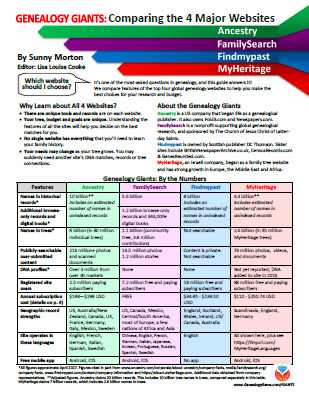 What genealogy websites are you using? Which additional ones should you also be using?
What genealogy websites are you using? Which additional ones should you also be using?
Learn more about the giant genealogy websites mentioned in this post–and how they stack up to the other big sites–in our unique, must-have quick reference guide, Genealogy Giants, Comparing the 4 Major Websites, by Genealogy Gems editor Sunny Morton. You’ll learn how knowing the relative strengths and weaknesses of Ancestry.com, FamilySearch.org, Findmypast.com and MyHeritage.com can help your research. There’s more than one site out there–and you should be using as many of them as possible. The guide does share information about how to access library editions of these websites for free. This inexpensive guide is worth every penny–and may very well help you save money.
Disclosure: This post contains affiliate links and Genealogy Gems will be compensated if you make a purchase after clicking on these links (at no additional cost to you). Thank you for supporting Genealogy Gems!
How to Test DNA for Family History (and get more from your results!)
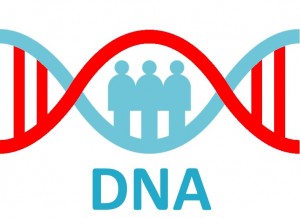
Anyone can Test DNA for Family History
From Diahan Southard, Your DNA Guide here at Genealogy Gems: DNA testing is one of the most personal ways to get involved in your family history. You have DNA from your parents, who have DNA from their parents, and so it goes, back into your greats and great-greats. The technology of genetic genealogy is all about tapping into that DNA record and pulling out information that might be useful in your family history. DNA can do this for you in two ways:
- First, it connects you to places. These are places where your ancestors came from a hundred, a thousand, or tens of thousands of years ago.
- Second, it connects you to people. These people are your genetic cousins, other living people who have taken the same DNA test that you took. The similarities in your DNA tell you that you share a common ancestor. You can then examine the pedigree of your match and work with them to help verify your family history, or give you new ideas about who your ancestors might be.
Types of DNA Tests for Family History
You have three choices of DNA tests, each with its own unique purpose.
YDNA – Essentially, if you want to know about a male ancestor, you need to find a direct male descendant to be tested. So if I want to know about my 3X great grandfather Morris Mitchell, I need to find Morris’s son’s son’s son, etc. until I find a living male with the Mitchell surname who can be tested on the Y chromosome DNA (mtDNA) test at Family Tree DNA.
mtDNA – If I want to know about a female ancestor, let’s say Mary West, I need to find Mary’s daughter’s daughter’s daughter’s etc. child (male or female) to take the mitochondrial DNA (mtDNA) from Family Tree DNA.
Autosomal DNA – For any ancestor, male or female, who is fewer than 5 generations from you, you can take the autosomal DNA test at either Family Tree DNA, AncestryDNA, 23andMe, or MyHeritage to find out more about that individual. Remember with the autosomal DNA that you always want to test the oldest generation first. So anyone who does not have both of their parents living should take the autosomal DNA test.
Companies that can Test DNA for Family History
There are several companies that test DNA for family history including:
Each of these companies is offering a very similar kind of test, but each has their own unique tools and databases. Decide which company you want to test with by evaluating things like:
- their website accessibility
- their company goals
- and especially the size of their database
You can see a table comparing these companies here. The MyHeritage test is new, and is not on the chart yet, but will be soon.
Great (DNA) Expectations
The best thing you can do when setting out on your genetic genealogy journey is set good expectations. You can expect that the test will document the personal genetics of the person who takes it. By so doing, you are creating another genealogy record that will last for generations. This test will link you to your ancestors via your cousins. That means that you may take the test looking for ancestors, but what you get are cousins. It will take traditional genealogy work to turn those cousin connections into ancestral connections. Above buy prescription medicine overseas all, expect that this is a growing industry, and what we know today is different than what we will know tomorrow, so enjoy the journey!
DNA Resources
There are several comprehensive books on Genetic Genealogy out there. However, for the layman who just wants to understand their DNA test results and get some additional value from them, an entire book full of scientific explanations can be overwhelming and daunting. The following email is one we receive regularly:
Could you direct me to an understandable publication which explains dna results in layman’ terms ?
Thank you
Anne B.
Genetic Genealogy for the Layman
I encouraged Diahan to immediately get to work putting her easy-to-follow explanations into a new series of quick reference guides. Genealogy Gems Publications is proud to publish her wonderful series of DNA quick reference guides for understanding your DNA results in plain language, and helping you get the most out of the investment you made in testing.
Start Here to Jump into Using DNA for Genealogy
Diahan has a regular segment on my free Genealogy Gems Podcast where she answers your questions and provides invaluable insights into the latest in genetic genealogy. You can also find the complete archive of DNA articles at Genealogy Gems by clicking here. The most recent will appear first and then scroll down to read through the past articles.
For those who have tested with Ancestry DNA
- Autosomal DNA for the Genealogist
- Understanding Ancestry DNA
- Organizing Your DNA Matches
- Next Steps: Working with Your Autosomal Matches
Mix and Match for Genetic Genealogy
The beauty of the DNA quick reference guide series is that you can mix and match the guides to perfectly suit the testing you have done. We’ve published Diahan’s guides that delve into the testing companies FamilyTreeDNA and 23andMe, as well as the other tests available such as Mitochondrial (for your maternal line – both men and women can take this test) and YDNA (for your paternal line – only men take this test.)
Take Your DNA Test Results to the Next Level
If you’ve already tested and feel like you have a good foundation, then I highly recommend Diahan’s Advanced DNA Bundle. It will take your DNA test results to the next level by instructing you on the heart of what matters in plain English.
DNA in the News
As of March 28, 2017, AncestryDNA customers can see if their ancestors belonged to about 300 different Genetic Communities, small migratory groups that can be identified by DNA. In the next free Genealogy Gems podcast episode #202, you will learn more about it straight from Ancestry’s Chief Scientific Officer, Catherine Ball. For more information on Genetic Communities, watch the video below:
Want to get tested? Get your AncestryDNA test here.
Genealogy Gift Ideas: Genealogy Entertainment
The last post in this year’s series of genealogy gift ideas is all about FUN. Laugh and cry with these great entertainment options:
Family Tree: The Complete First Season (DVD)
This series is brilliantly funny! I loved it! It pokes a bit of fun at genealogists (so get ready to smile at yourself) while capturing what’s in the family historian’s heart. Anyone who loves family history (or has a quirky family or just likes good comedy) will really enjoy this series.
This genealogy-themed TV show isn’t a research-the-celebrity format. In fact, the fiction of it makes it even more fun. Here’s a plot summary:”Written and created by Christopher Guest, Family Tree is a documentary-style comedy series conceived and produced in the manner of Guest’s feature films. The story revolves around the journey of the 30-year-old Tom Chadwick (Chris O’Dowd), an Englishman in his 30s who has few roots, little family, and a somewhat unsure sense of his purpose in life. Having recently lost his job and girlfriend, Tom inherits a mysterious box of belongings from a great-aunt he never met, triggering a passion to investigate his family lineage. As Tom’s interest in genealogy grows, his life expands and evolves in unexpected directions, as he uncovers a world of unusual stories and characters in the U.K. and the U.S., as well a growing sense of who he is and who his real family are.”
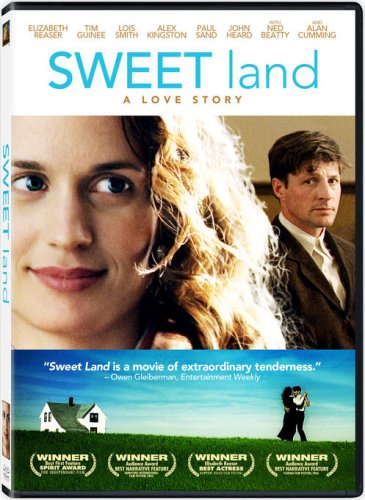
Sweet Land: A Love Story (DVD)
This film has a great story of love and immigration in the early 20th century. I had the director on the podcast previously (Episode 30).
Here’s the plot summary: “Inge (Elizabeth Reaser) is a feisty German mail-order bride who has come to Minnesota to marry Olaf (Tim Guinee), a young Norwegian immigrant farmer of few words. But in a post-WWI, anti-German climate, the local minister (John Heard) openly forbids the marriage. Inge and Olaf fall in love despite the town’s disapproval. But when the town banker (Ned Beatty) attempts to foreclose on the farm of his friend Frandsen (Alan Cumming), Olaf takes a stand…and the community unites around the young couple, finally accepting Inge as one of their own.”
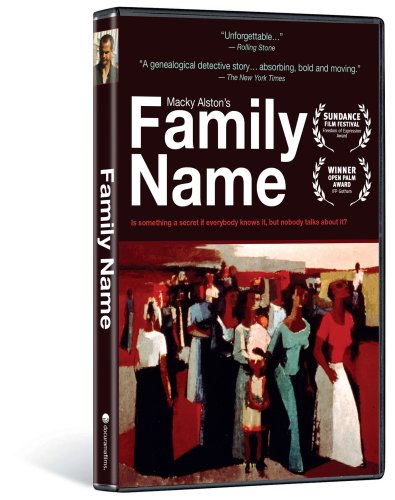
Family Name (DVD)
A listener tells me this is a must-watch, and I have ordered my copy. This Sundance Film Festival award-winning documentary captures the worlds of genealogy, race relations in the Southern U.S. and a man’s search for his family identity.
Here’s the summary: “What does a name signify, exactly? Growing up in Durham, North Carolina, white filmmaker Macky Alston never questioned why all of the other Alstons at his elementary school were black. Twenty-five years later, Alston decides to unravel this perplexity in the award-winning documentary FAMILY NAME.
Alston’s quest to solve his genealogical mystery takes him from New York to Alabama and then back to North Carolina. He seeks clues at family reunions, graveyards, church services, and, eventually, the original Alston plantations. The people he meets vary markedly in race, age, class and perspective, but they all have two things in common: the family name and a compelling story to tell. The biggest question of this investigation, perhaps, is whether it will provide the Alstons with catharsis or create an even greater sense of division. As the revelations mount, FAMILY NAME unfolds an unforgettable emotional journey that transforms our conceptions of the past.”
Family Tree by Venice (mp3 Song)
(from Spin Art by Venice (CD)) is a gorgeous musical tribute to family. Some people sing or play it at family reunions, funerals and other family gatherings that are about remembering and celebrating. The musicians are part of the extended Lennon family – not John Lennon but the celebrated Lennon Sisters. There’s a lovely acoustic version of the song The Family Tree
you can download, too. The group were guests on the podcast (Episode 39).
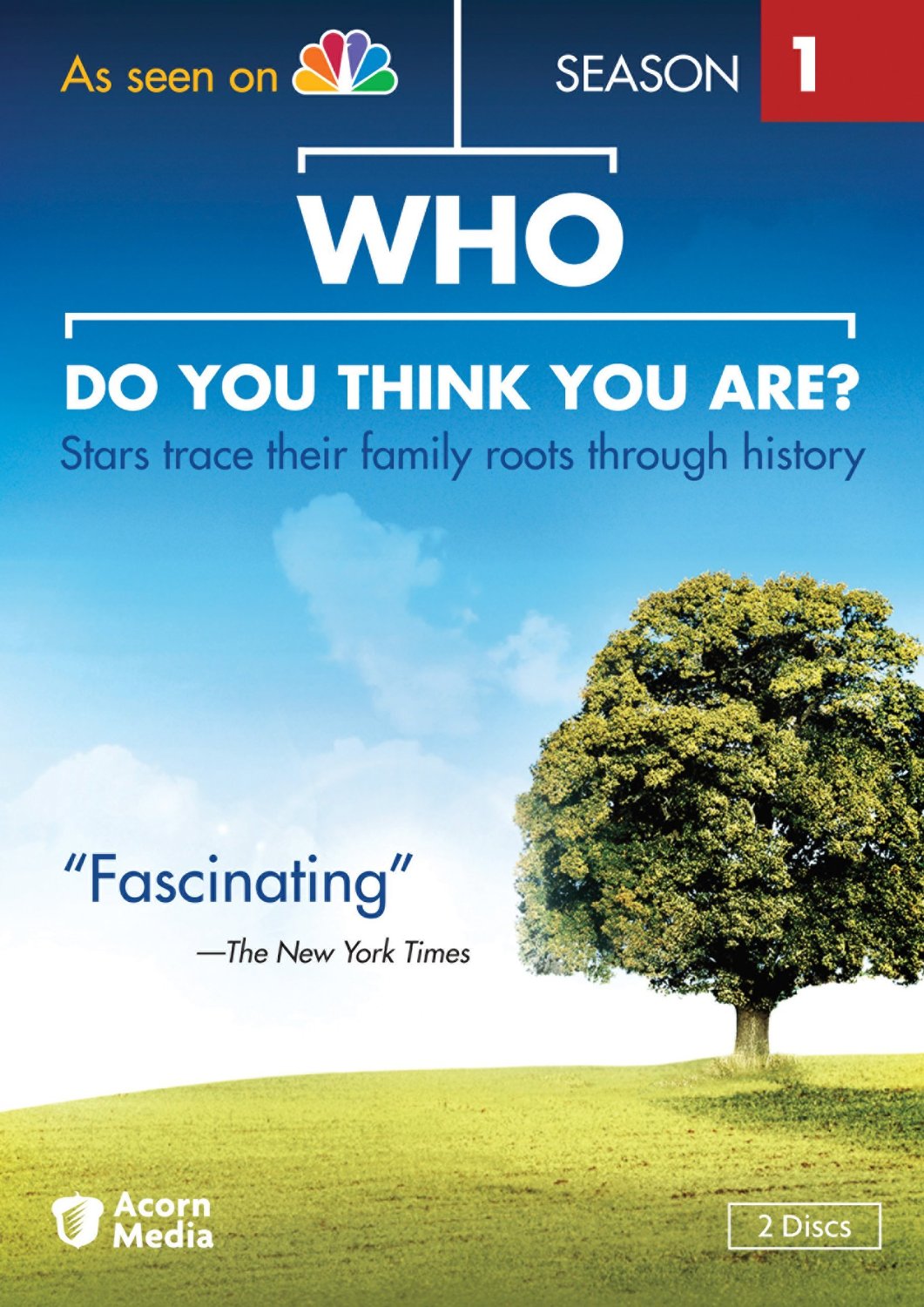 Who Do You Think You Are?: Season One
Who Do You Think You Are?: Season One
and Who Do You Think You Are: Season 2
Relive (or catch what you missed of) the unforgettable first two seasons of WDYTYA? from 2010 and 2011.
Celebs discover dramas in their family histories in front of the camera, adding their own discovery process to the story. Their family stories trace larger themes in American history and culture and lead them to reflect on the events and people that made them who they are.
The Season One lineup features Lisa Kudrow (one of the show’s producers), Sarah Jessica Parker, Matthew Broderick, Brooke Shields, Susan Sarandon, Spike Lee and Emmitt Smith.
In Season 2, you’ll meet Vanessa Williams, Tim McGraw, Rosie O’Donnell, Kim Cattrall, Lionel Richie, Steve Buscemi, Gwyneth Paltrow and Ashley Judd.
Who Do You Think You Are? Be a Family Tree Detective
by Dan Waddell offers some genealogy sleuthing fun for kids. Inspired by the show, the book helps kids tools, tips, ideas and activities “to investigate, discover, and preserve family secrets and treasures.”
It’s got kid-friendly language and plenty of colorful illustrations make this a great companion for junior genealogists.
Anabaptist Genealogy Records: Anabaptist Ancestors Revealed Part 2
Anabaptist genealogy records include Amish, German Baptist and Mennonite ancestors. In a past post titled “Amish Genealogy Revealed,” we shared tips for searching out your Amish family tree. Here are more helpful resources submitted by our wonderful readers that you won’t want to miss.
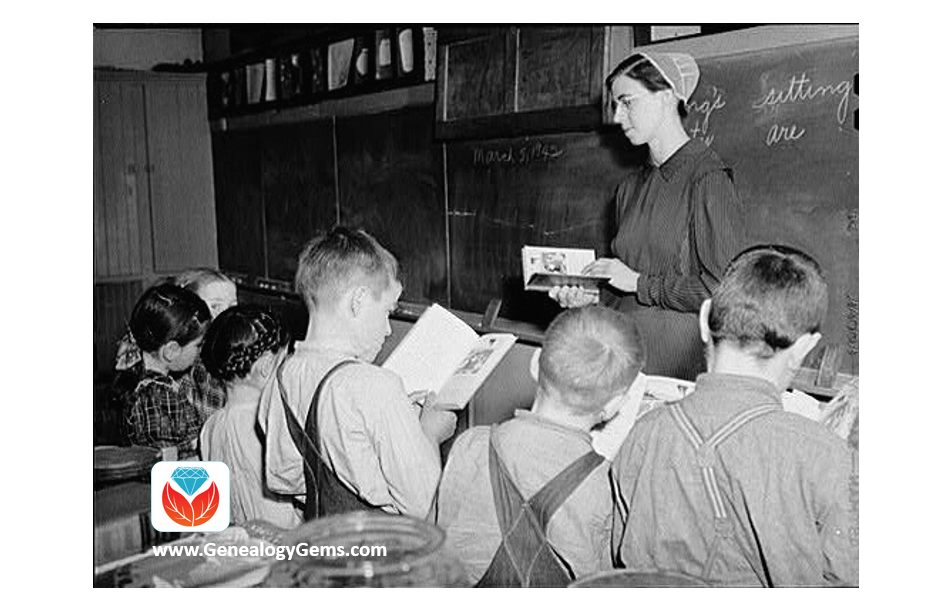
What is an Anabaptist?
The term Anabaptist refers to those religions who reject infant baptism in favor of a believer’s baptism. Amish, Mennonite, and German Baptists fall into the category of Anabaptists.
Anabaptist religions often subscribe to more conservative views and dress. Their families are very much intertwined with their religion, making the study of their history rich in detail and customs.
Anabaptist Genealogy Records: More Amish and Mennonite Family History Resources
We shared in our “Amish Genealogy Revealed,” the resources of the Amish newspaper, The Budget, the Amish church directories, and newsletters and books on Amish families. Many thanks to reader Loren Johns for sharing yet another amazing resource. Loren shared:
As someone who has a couple of hundred thousand Amish in my genealogical database, I enjoyed reading your focus on Amish genealogy. Somewhat surprised to see it!
You did not mention the most important source for Amish genealogy. It is the Swiss Anabaptist Genealogical Association, of which I am the secretary. This is a rather informal non-profit association of amateur genealogists interested in Amish and Mennonite genealogy who share their research with each other and with others interested in it, and make it available online.
If I search for an Amos J. Whetstone (an Amish name,) I get 17 hits, to three separate men. Amos J. Whetstone (1903-1984) appears in 6 different databases; Amos J. Whetstone (1919-2003) appears in 4 databases; and Amos J. Whetstone (1945- ) appears in 7 databases … so the 17 hits actually represent three men.
A most important book on Amish genealogy is Amish and Amish Mennonite Genealogies by Hugh Gingerich and Rachel Kreider. It is sometimes called the Amish genealogy “Bible.” It traces all of the Amish immigrant ancestors (144 different surnames) and their families to 1850, where it had to stop lest it explode into an encyclopedia.
Anabaptist Genealogy Records: Resources for the German Baptist or The Old German Baptist Brethren
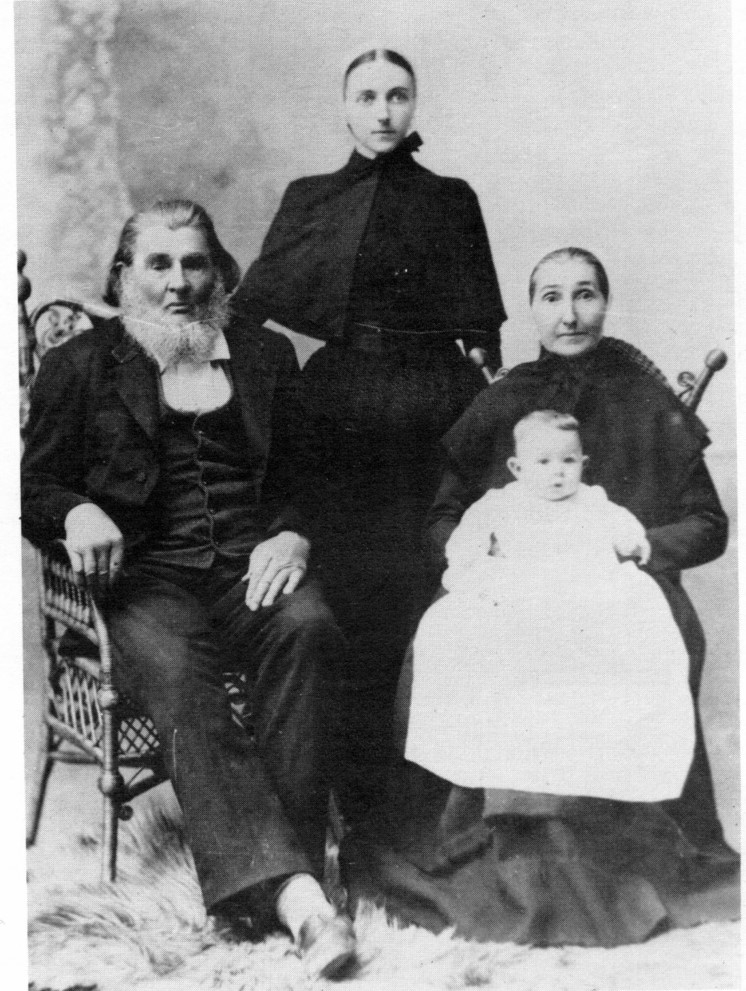
George Funderburg and family were members of the German Baptist faith.
Another group of Anabaptist’s are the German Baptist, also known as the Old German Baptist Brethren. Here in Ohio, we sometimes refer a particular break-off by their nickname, Dunkards. The Dunkards were given this nickname for their belief in baptism by immersion.
It is my own family ancestors who were among the Dunkards. Luckily, we have a wonderful archive in Brookville, Ohio called Brethren Heritage Center. The Brethren bodies involved with the Brethren Heritage Center are:
- Church of the Brethren
- Conservative Grace Brethren International
- Dunkard Brethren
- Fellowship of Grace Brethren Churches
- German Baptist Brethren
- Old Brethren
- Old Brethren German Baptist
- Old German Baptist Brethren
- Old German Baptist Brethren-New Conference
- Old Order German Baptist
- The Brethren Church
This heritage center offers many books and collections including family histories, maps, letters, diaries, census records, and birth records. In particular, the heritage center website also has a large list of helpful links to begin researching your Brethren ancestors. To see the list of links, click here.
Anabaptist Genealogy Records – Share Your Knowledge
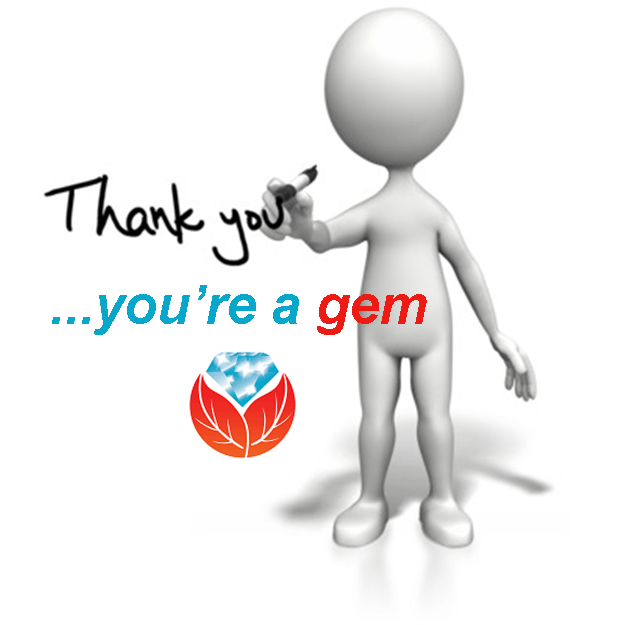 If you have Anabaptist heritage, you may be aware of additional Anabaptist genealogy records that we have not mentioned. We would be delighted if you would share that information with our Genealogy Gems community in the comments below. We look to you to be an inspiration and teacher to us here at The Genealogy Gems Podcast, and you always come through. Thank you!
If you have Anabaptist heritage, you may be aware of additional Anabaptist genealogy records that we have not mentioned. We would be delighted if you would share that information with our Genealogy Gems community in the comments below. We look to you to be an inspiration and teacher to us here at The Genealogy Gems Podcast, and you always come through. Thank you!

